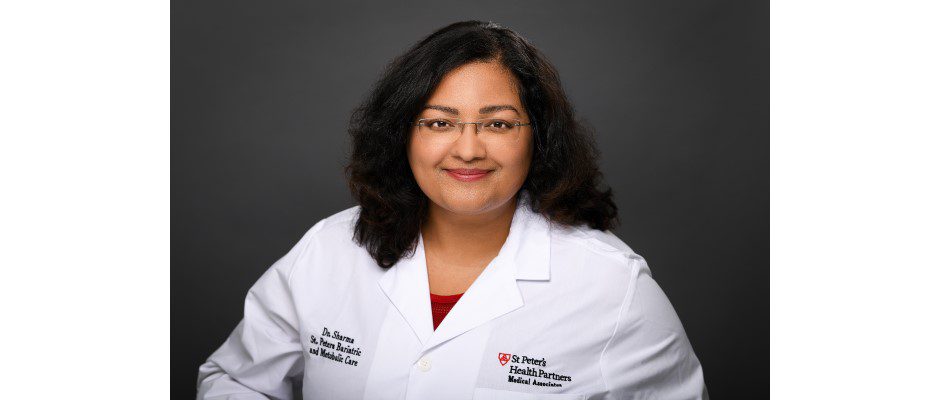
[This piece was written by Joseph Choma, MD, Gastroenterologist/Advanced Endoscopist, with Albany Gastroenterology Consultants and St. Peter’s Hospital Advanced Endoscopy and Hepatobiliary Center.]
Nearly everyone experiences the occasional stomachache, or gastrointestinal (GI) tract upset. This temporary digestive disruption can manifest with symptoms like abdominal discomfort, nausea, gas, or diarrhea.
Inflammatory Bowel Disease (IBD)
But for the approximately 1.3 million Americans living with IBD, there is little to no rest for these uncomfortable, embarrassing, and often life-disrupting symptoms.
IBD is a chronic immune response which causes inflammation of the GI tract. The two most common IBDs are Crohn’s disease and ulcerative colitis.
IBD is Not IBS
IBD should not be confused with irritable bowel syndrome (IBS). IBS is a much less serious disorder that affects the muscle contractions of the bowel. IBS does not cause intestinal inflammation, and it is not a chronic disease.
With IBD the immune system mistakes food, bacteria, and other materials in the intestine for foreign substances and it attacks the cells of the intestines. The body sends white blood cells into the lining of the intestines where they produce chronic inflammation. IBD worsens over time and causes severe GI symptoms that can affect quality of life.
The damaging inflammation of IBD can cause persistent:
- Abdominal pain
- Diarrhea
- Rectal bleeding
- Anemia
- Fatigue
- Fever
- Weight loss
IBD may also affect the joints, skin, bones, kidneys, liver, and eyes.
Is it Crohn’s or Colitis?
Crohn’s disease typically appears in patches anywhere along the GI tract (mouth to anus). It most frequently appears at the end of the small intestine and the beginning of the large intestine. It can extend through the entire thickness of the bowel wall.
Ulcerative colitis is typically restricted to the innermost lining of the colon and rectum. It most frequently involves all or part of the colon, and appears in a continuous pattern, not patches.
Get the Correct Diagnosis
While Crohn’s and colitis are both IBDs they require different treatments. If you are experiencing IBD symptoms it is important to talk with your health care provider openly to help get the correct diagnosis. A primary care provider or gastroenterologist will more than likely order blood tests and imaging to get a diagnosis, as there is no single test that can definitively diagnose either condition.
There are many treatment options available for Crohn’s and colitis, which can help manage symptoms and improve a patient’s quality of life. My colleague, Dr. Robert Gianotti, offers an in-depth look at the various treatments available HERE.
Albany Gastroenterology Consultants is located at 1375 Washington Ave. Suite 101, in Albany, directly across from the University at Albany SUNY campus. St. Peter’s Hospital Advanced Endoscopy & Hepatobiliary Center is located at St. Peter’s Hospital, 315 South Manning Blvd. in Albany. For more information, please call 518-438-4483.





